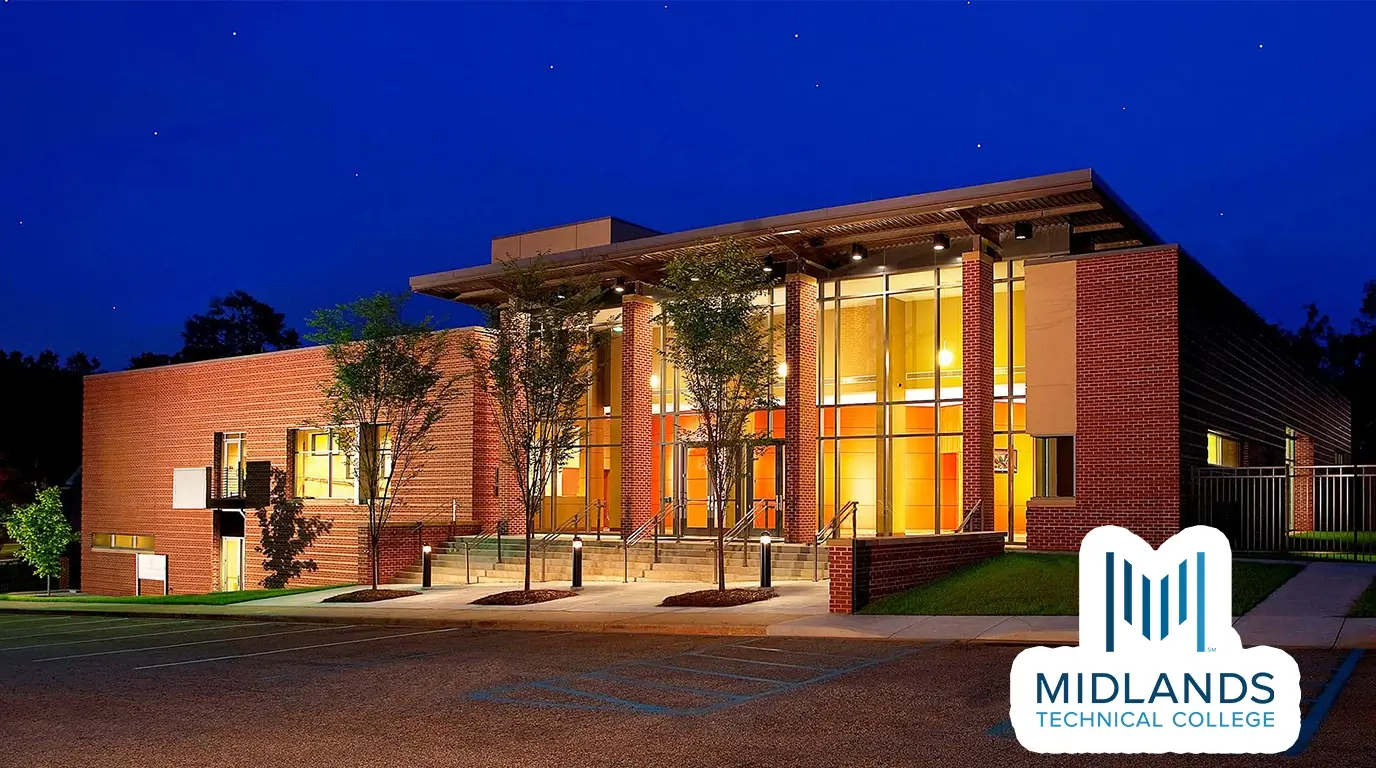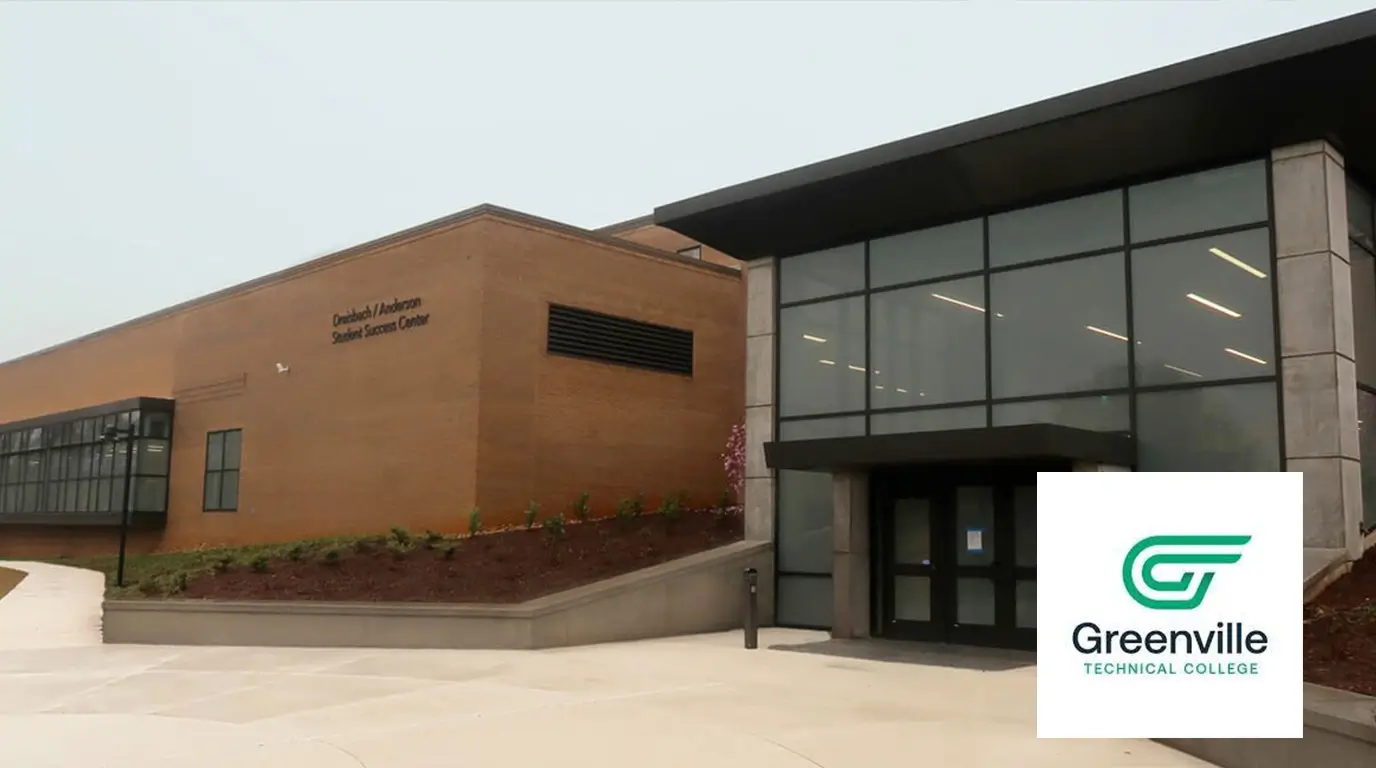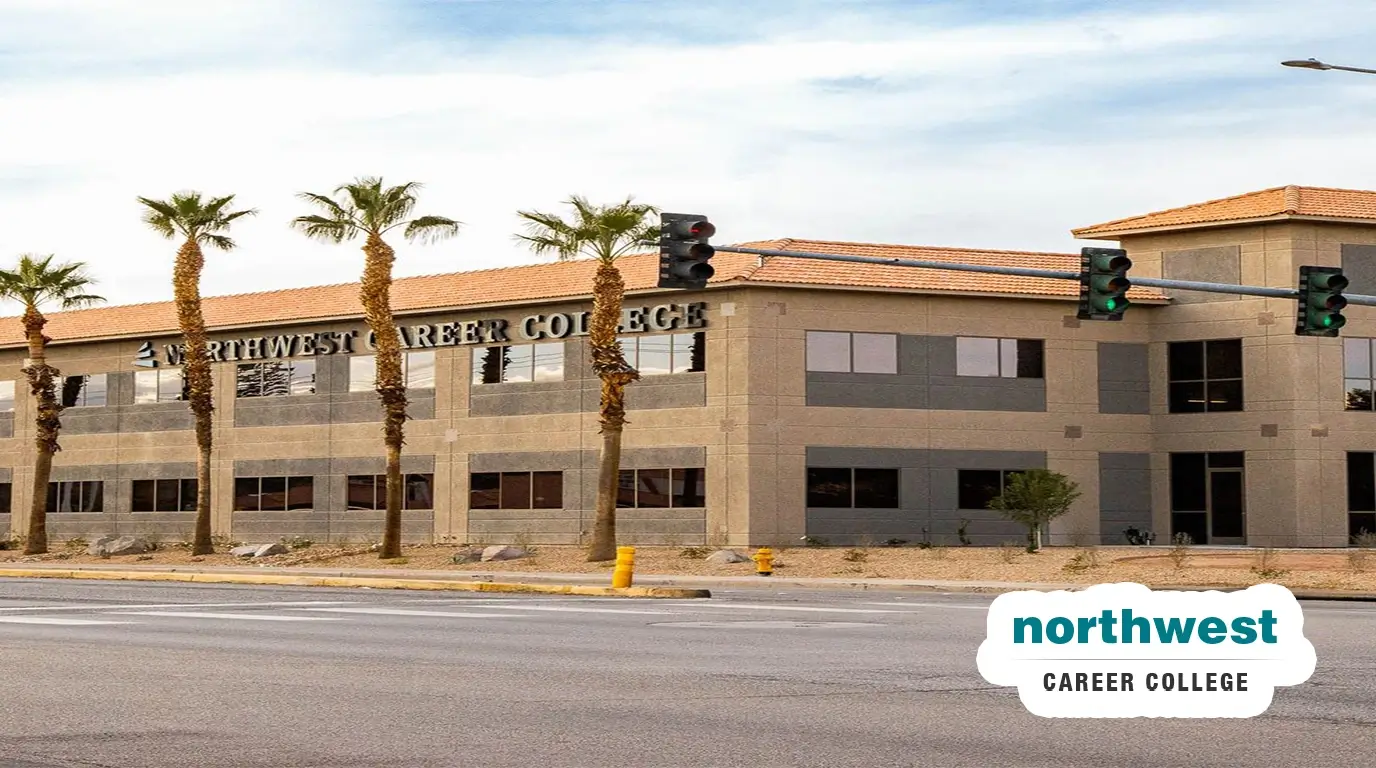Becoming a Paralegal in South Carolina – Your State-Specific Guide
Here’s a little something to ponder: Did you know South Carolina’s got over 4,000 paralegals keeping the legal wheels turning, with job growth chugging along faster than the national pace? If you’re looking to launch a legal career in South Carolina without the grind of law school, becoming a paralegal in South Carolina might just be your ticket. I’ve been in this game—worked as a paralegal, helped folks figure out their next steps, and even tweaked career sites to get people noticed. South Carolina’s legal scene is a blend of Charleston’s historic charm and Columbia’s busy firms, and paralegals are the unsung heroes everywhere in between. This guide’s packed with Palmetto State specifics to get you started.
Paralegals here aren’t just filing clerks—they’re digging into research, drafting papers, and keeping attorneys on track. Whether you’re dreaming of law firm jobs in South Carolina or a quieter gig in a small town, I’ve got the real scoop for you. Let’s take it slow, piece by piece, with some practical insights from someone who’s been there.
Paralegal Definition and Regulation in South Carolina
So, what’s a paralegal in South Carolina? The state doesn’t have a fancy legal definition locked down, but the South Carolina Supreme Court has weighed in. They say a paralegal’s someone with enough education, training, or experience to handle “substantive legal work” under an attorney’s supervision. Want more on what a “paralegal” does? Check that out, but in short, you’re the attorney’s go-to—doing the heavy lifting while they steer the ship.
Regulations? South Carolina keeps it pretty laid-back. There’s no state license or mandatory certification to become a paralegal in South Carolina. The South Carolina Bar doesn’t offer a voluntary credential either—no state-specific badge to chase. That said, you’re not totally freewheeling. Working under an attorney means you’re bound by their ethical rules—keeping client secrets safe and steering clear of giving legal advice (that’s lawyer territory). It’s a simple setup, but it’s got some weight.
- Key Takeaway: No strict state regs for paralegals in South Carolina—just follow the ethical playbook under your attorney’s watch.
Education Requirements and Recommended Programs in South Carolina
Let’s talk school. Does South Carolina demand a specific degree to become a paralegal? Nope, not by law. But here’s the real talk: most employers—especially in places like Greenville or Columbia—want to see some education on your resume. You might sneak into a gig with just experience, but that’s rare as a quiet beach in Myrtle Beach during summer. An associate’s, bachelor’s, or certificate in paralegal studies is what’ll get you noticed as a paralegal in South Carolina.
The American Bar Association approves some programs, and those ABA-approved programs are a big deal with hiring folks. They show you’ve got the skills—legal research, writing, ethics—that you’ll use every day on the job.
Recommended Paralegal Education Programs in South Carolina
Here’s a shortlist of paralegal education programs in South Carolina I’d point you toward:
- Midlands Technical College – ABA-approved Associate of Applied Science in Paralegal Studies. Columbia-based, with hands-on courses and an internship option.
- Greenville Technical College – ABA-approved Associate’s in Paralegal Studies. Greenville’s go-to, with a solid rep for practical training.
- Trident Technical College – ABA-approved Associate’s in Paralegal Studies. Charleston-based, perfect for Lowcountry folks with online flexibility.
- University of South Carolina – Post-Baccalaureate Paralegal Certificate. Not ABA-approved, but a strong option in Columbia if you’ve already got a degree.
Online Paralegal Programs for South Carolina Residents
Too busy for campus? Online’s a lifesaver. Midlands Tech and Trident Tech offer virtual tracks, and national providers like CLS by BARBRI work for South Carolina residents too. It’s all about fitting legal assistant training in South Carolina into your life—especially if you’re out in the Upstate or juggling a job.
- Key Takeaways:
- No legal education requirement, but employers expect it.
- Associate’s, bachelor’s, or certificates are your main paths.
- ABA-approved programs give you a hiring edge.
Paralegal Certification and Credentials in South Carolina
Certification’s a common question. Is it mandatory in South Carolina? Nope, not by the state. There’s no South Carolina-specific paralegal certification you have to grab—no official program from the Bar or anywhere else. It’s all voluntary if you want to go for it.
Nationally Recognized Certifications Relevant in South Carolina
What matters are the national heavyweights: NALA’s Certified Paralegal (CP) from NALA and the NFPA’s CORE Registered Paralegal (CRP). The CP’s a tough exam—legal research, ethics, the works—but passing it says you’re the real deal. The CRP’s similar, testing your core skills. Both are optional, but they shine in South Carolina’s job market.
Benefits of Certification in South Carolina
Why bother? When I was hiring, a CP on a resume told me this person’s got grit—ready to roll. It can bump your average paralegal salary in South Carolina and open doors to better gigs—like real estate law in Charleston or litigation in Columbia. Plus, it’s a confidence boost, knowing you’ve got something solid to back you up.
- Key Takeaways:
- No state-required certification in South Carolina.
- National creds like NALA CP or NFPA CRP stand out.
- Certification means better pay and credibility.
Paralegal Associations in South Carolina
Networking’s a game-changer, and South Carolina’s got some good groups to plug into. Joining a paralegal association isn’t just resume fluff—it’s how you find mentors, job leads, and stay sharp.
State-Level Paralegal Associations in South Carolina
- South Carolina Upstate Paralegal Association (SCUPA) – Covers the Upstate, with CLE events and a job board for Greenville and Spartanburg folks.
- South Carolina Paralegal Association (SCPA) – Statewide, with networking and education for paralegals across SC.
Benefits of Joining a Paralegal Association in South Carolina
These groups are gold—think networking events where you might chat up someone hiring for law firm jobs in South Carolina. My first paralegal gig came from an SCUPA meetup—true story. They also offer continuing legal education (CLE) to keep your skills fresh and your career moving.
- Key Takeaways:
- SCUPA and SCPA are your top associations in South Carolina.
- Networking and CLE can jumpstart your path.
Job Market Outlook and Salary for Paralegals in South Carolina
Now, the good stuff: jobs and money. The paralegal career outlook in South Carolina is looking up, with a growing field across the state.
Current Job Market for Paralegals in South Carolina
The Bureau of Labor Statistics counted 4,590 paralegals in South Carolina in 2023, mostly in Columbia, Charleston, and Greenville. Big firms like Nelson Mullins in Columbia soak up talent, but don’t sleep on government roles—like the SC Attorney General’s Office—or smaller practices in Florence. Check out the job market for paralegals for a broader take.
Average Paralegal Salary in South Carolina
BLS says the average paralegal salary in South Carolina was $52,150 in 2023—about $25 an hour. Charleston’s higher, around $55,000, while rural spots like Sumter dip to $40,000-ish. Experience, education (that CP helps!), and specialties—like family law or corporate law—can push you past the average. Dig into more on paralegal salaries.
Job Growth Projections for Paralegals in South Carolina
Projections Central pegs South Carolina’s paralegal job growth at 8.7% through 2030—above the national 4.2%. That’s about 550 openings a year, counting replacements. It’s a steady climb, especially with SC’s legal hubs thriving.
- Key Takeaways:
- Solid job market, strongest in Columbia and Charleston.
- Average salary: $52,150, with room to grow.
- Growth at 8.7%—decent future ahead.
Key Takeaways: Steps to Becoming a Paralegal in South Carolina
Ready to get going? Here’s your quick-start list:
- Research paralegal programs in South Carolina—Midlands Tech or Trident Tech are solid bets.
- Pick your path: associate’s, bachelor’s, or certificate.
- Eye ABA-approved programs for extra cred.
- Check out certs like NALA’s CP or NFPA’s CRP.
- Join SCUPA or SCPA to network and grow.
- Start hunting for jobs in South Carolina’s legal scene.







